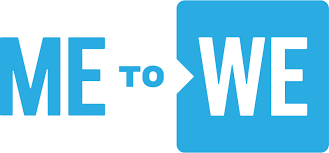
Thought leaders. Many of us would love to be one, but what exactly are they?
From my experience of helping many clients find their voice, a thought leader is someone who has the expertise and authority to be sought-after for their views. The very best of them use their thoughts and opinions to catapult themselves to the centre of a debate – and in so doing drive their organisations forward.
Watch out though. What we call “thought leadership”, like leadership itself, is changing rapidly. The “Henry V” style days of “I think and therefore I am (a thought leader)” are quickly disappearing. Instead we are hurtling towards something much more in keeping with the advance of the collaborative society.
Today’s thought leaders shouldn’t expect to have the first, middle and last words on any subject at all. Why should they? The once mighty leadership and management “gurus” of the past are on the run. They remain crucial catalysts because, as the name suggests, they are able to lead a conversation with their views. Their value lies in challenging others to think about the issues yet they will have to expect far more challenge than ever before – and thank goodness for that. They must be ready, willing and able to be improved by the colourful feedback they will receive from readers, viewers, voters, employees or customers, all of whom are rightly impatient for actions and solutions to give credence to all the wise words.
Modern collaborative thought leadership has the potential to become a highly valuable and cathartic process for those we once put on a pedestal. Any expert who has written a book, a paper or even a blog will tell you that they enjoyed a far greater clarity of thought on a subject after they went through the process of having to justify their thoughts to critical friends, colleagues, or even their publisher.
So there is a new era emerging, one in which thought leaders don’t even try to pretend that they have all the answers – because we and they know that no one has. We rightly look to them for a sense of direction, but the best actively seek the knowledge of others in return.
We need thought leaders to tell us, with genuine confidence: “I think I get the big picture. To me that means X, Y and Z – but don’t hold back. Tell me if I’m wrong.”
So, tell me if I’m wrong! :)

















Leave a Reply